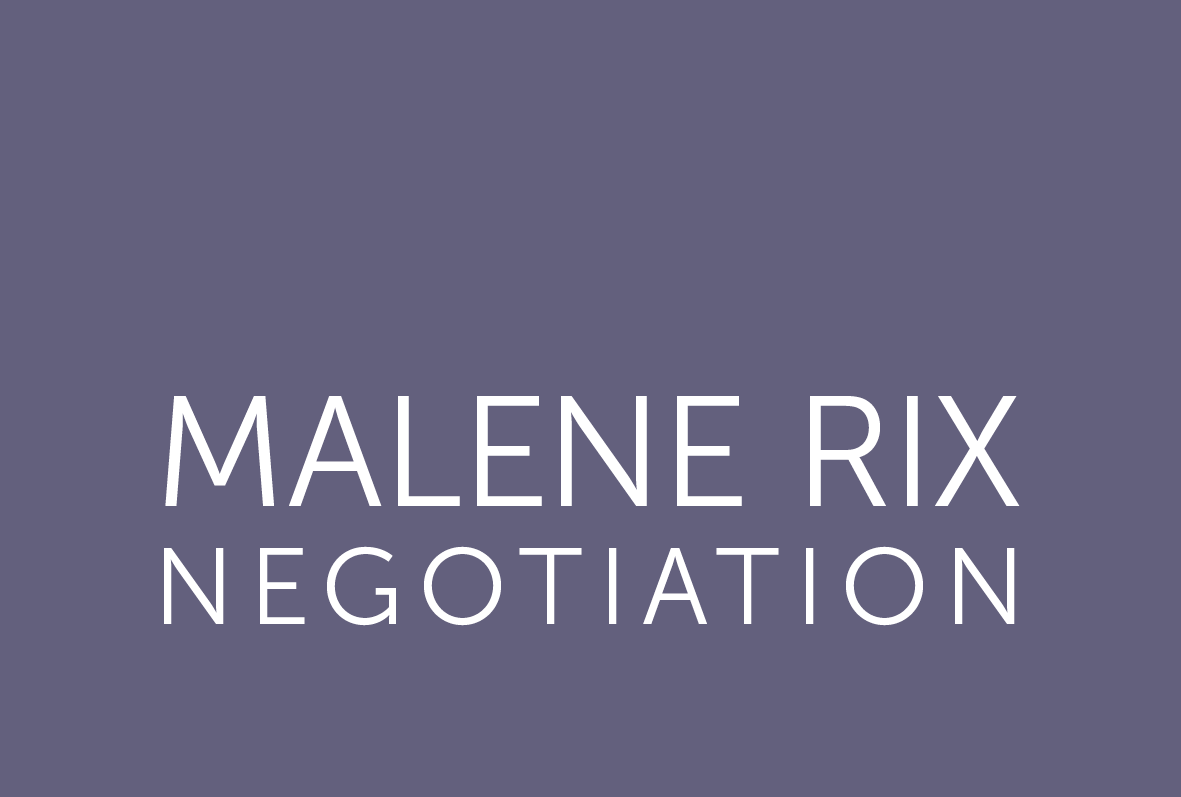09 jul Older and wiser
Older and wiser
Framing age and experience as valuable assets in the workplace
Listen to the blog
Experienced women
 “My God, we’re old!”. We all laugh and nod, a bunch of women around 50, who are busy having dinner and talking about work and careers. The comment is a response to yet another tale of how frustrating it is to apply for positions in organizations, where one’s new boss is bound to be 10-15 years younger than you, way ahead on the latest technological inventions and sprouting new ideas and proposals at an alarming speed. The women I am talking to all work with funding and sponsorships in the arts, and they have all been in the field for many years doing wonderfully impressive work.
“My God, we’re old!”. We all laugh and nod, a bunch of women around 50, who are busy having dinner and talking about work and careers. The comment is a response to yet another tale of how frustrating it is to apply for positions in organizations, where one’s new boss is bound to be 10-15 years younger than you, way ahead on the latest technological inventions and sprouting new ideas and proposals at an alarming speed. The women I am talking to all work with funding and sponsorships in the arts, and they have all been in the field for many years doing wonderfully impressive work.
Accomplished negotiators
At the heart of what they do, is an impressive ability to negotiate with potential sponsors but also, and especially, to navigate the intricate paths of internal politics, getting their organizations shipshape and ready to deliver what sponsors need and expect to receive in return for contributions. These positions – director of development, relations manager etc. – are all about establishing new connections, tending existing ones and organizing the collaboration between people from very different worlds, and this demands a particular set of skills: being organized, extremely diplomatic and expert at uncovering and negotiating the involved parties’ needs and wants. At the same time, it is impossible to deliver unless one is also able to make demands, be tough, resilient and creative in making the leadership and the whole organization deliver on one’s promises. And all this with the added pressure of working in a field with a chronic lack of funding.
“You need to be very organized, extremely diplomatic and expert at uncovering all the involved parties’ needs and wants”
Classic challenges
 “My God, we’re experienced and skilled!” is what I tell these women after listening for a while. And as a way to contrast the tendency to describe what they expect their surroundings see: someone who has been with the organization for many years, someone who does a fantastic but mostly invisible job, someone old.
“My God, we’re experienced and skilled!” is what I tell these women after listening for a while. And as a way to contrast the tendency to describe what they expect their surroundings see: someone who has been with the organization for many years, someone who does a fantastic but mostly invisible job, someone old.
They also talk about the resistance and sometimes suspicion they meet from younger bosses, who might instinctively feel threatened by a more experienced person; someone who basically knows how to do the job better than they do. This is a classic theme in the workplace, even when the older person has no intention of going for the top job. An equally classic solution to this problem is for the new boss to hire a new team, and they will all invariably be younger and/or less experienced.
Going solo
One of the women sitting at the table had ventured out on her own and became a consultant two years previously, after a couple of high profile and long term positions and a few short term and rather chaotic jobs. Such a move is not particularly easy to do within the arts sector, as there is a desperate need for funds and consequently not a lot to spend on independent consultants. However, with her many years in the field and an impressive network, she had managed to do more than well for herself and was able to look back on her first years which had been very busy but also reasonably lucrative. We talk about how happy she is to have made the move, one of the reasons being the respect and attention she gets for her work, now that the organizations pay her by the hour.
“She decided to venture out on her own and become a consultant'”
Breaking free
When I think about age and how so many both women and men are conscious of becoming ‘too old’ to be seen as relevant for the jobs they want, it always strikes me that becoming a consultant is sometimes the best way to counteract the experience of being overtaken by younger people on the career ladder. As a mature woman, 50+, with brilliant social skills and lots of practical experience, the independent expert I just described stepped out of the organizational tapestry, her knowledge and abilities thus with one swoop becoming strikingly apparent. Hiring an independent consultant is a big step for many companies, so they will want to be certain of this person’s skills, relevance and competency. One of the surest ways to deliver on this is a track record – proof that she can do the job.
Visible value
With this change of framing, her many years in the job is a huge qualification. Her consultancy contributions will zoom in on her area of expertise and competency, making her value visible and a sought-after commodity. She no longer ‘drowns’ in company politics or internal power struggles, and although her job is a tough one, her clients tend to listen to what she says, as they have paid her for her services. And she can walk away from the day-to-day frustrations of having to compete with others for time and attention from top management.
“All of a sudden her many years in the job is a huge qualification’”
As if…
We cannot all be consultants, setting up on our own and competing for enough business to continue securing an income. However, I think we might be appreciated more highly for our experience and age if we ourselves focus on our key skills, emerging as the experts we truly are. If we start to think of ourselves as if we were to offer our services as expert consultants to the places we work for, what services would that be? If someone were to pay us by the hour, which skills and competencies would we want to put on offer? The things we do that no one does better than us? That are invaluable to the organization, and that we may continue to contribute if we are tasked with concentrating on them rather than having to deal with other, irrelevant, issues?
“We would get much more appreciated for our experience and age when we were able to focus on our key skills’”
Think about it!
The woman who became an independent consultant is already hiring others to do some of the jobs, she does not have the time or the inclination for herself, and also to do parts of projects she thinks someone else can do better and faster. Doing the same in a workplace context is more easily said than done. Nevertheless, how useful it can be to analyze one’s work with the filter: If I were to become an independent consultant for this company instead of an employee, what services would I offer? What do I most enjoy doing? Where do I make a difference? Who does it make most sense for me to work with?
Such an analysis could be the first step in discovering our worth as ‘old’ hands and help turn the way we think of ourselves and our experience and expertise – aspects of growing older and wiser – into the valuable and relevant contributions they are. A first step in re-negotiating the terms under which we work.


